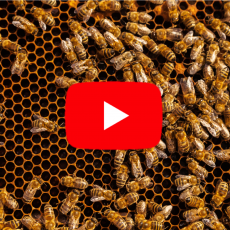
Although the global community has made significant efforts in engaging women and girls in science in the past decade, they are still excluded from fully taking part in scientific research. According to the latest data from UNESCO, less than 30 percent of researchers worldwide are women. As the United Nations marks the International Day of Women and Girls in Science on 11 February, let’s have a look at some remarkable women from around the world, leading the way in climate science today.
Prof. Katharine Hayhoe, Canada
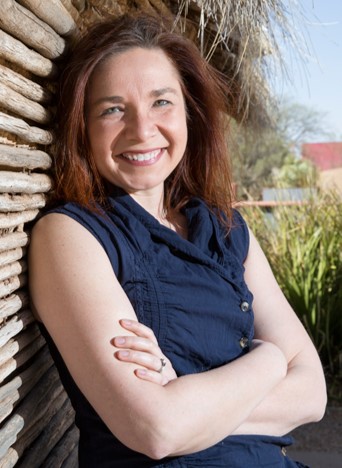
Katharine Hayhoe, a renowned climate scientist, co-director of the Texas Tech University Climate Center, and CEO of ATMOS Research, is among the most influential climate change advocates and one of the world’s leading experts on climate science.
As an atmospheric scientist, Hayhoe establishes scientific methods to assess the future regional and local-scale impacts of climate change on people and the environment. She proposes future scenarios, creates climate models, and develops strategies that can be used in planning in agriculture, infrastructure, and public health affected by climate change.
Hayhoe aims to shift public opinion and motivate action. One of the biggest challenges in bridging the gap between scientists and stakeholders is showing that climate change is real. Hayhoe makes sure that the facts she provides are exclusively based on scientific observations. She demonstrates, for example, that the current climate changes correlate with the increase in greenhouse gases in the atmosphere, and that the natural pattern of solar cycles would cause the cooling of the planet instead of global warming.
In 2019, Hayhoe was awarded the Champions of the Earth Award, the highest environmental honor given by the United Nations, for her commitment to quantifying the effects of climate change.
Prof. Najat Aoun Saliba, Lebanon
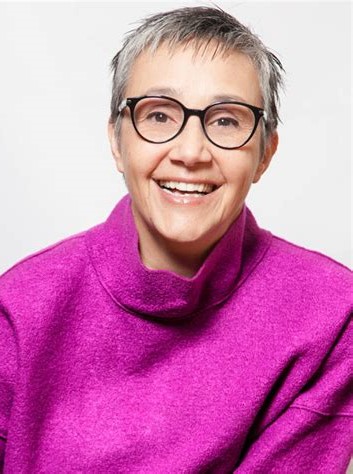
Najat Aoun Saliba is a senior professor of chemistry at the American University of Beirut, where she also serves as the director of the Nature Conservation Center and head of the Analytical and Atmospheric Chemistry Laboratory.
Saliba is known for her groundbreaking work on the toxic composition of polluted air. She is a pioneer in the development of innovative methods that measure and study various pollutants and factors contributing to air contamination. She focuses on the health and environmental risks of pollution at a molecular level in an attempt to get the macro-picture of climate change.
Saliba has established robust analytical methods to measure the toxic ingredients of tobacco smoke and was the first to identify carcinogenic compounds in electronic cigarettes. She also created the first Lebanese atmospheric pollutant database, with a goal to find adaptive solutions to climate change challenges in the Middle East.
For her outstanding achievements, Saliba has been awarded both the Excellence Award in the Environmental Category by the National Council for Scientific Research and received the medal of the National Order of Cedar. She is the 2019 laureate of The L’Oréal-UNESCO For Women in Science Awards for Africa and the Arab States for her pioneering work in understanding the transformations of atmospheric pollutants.
Narel Paniagua-Zambrana, Bolivia
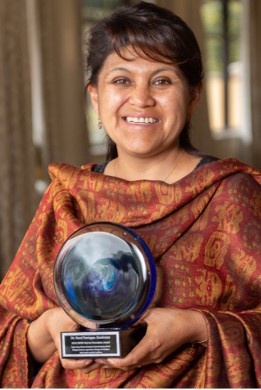
Narel Paniagua-Zambrana is the associate researcher in the fields of ethnobotany and ethnobiology at the Bolivian National Herbarium at the University of San Andrés in La Paz. Working with Amazon’s indigenous peoples, she studies the traditional knowledge of plant use for food, medicine, construction, and ceremonies. After almost a decade of exploration, she found over 10,000 species of vascular plants in the Madidi region in Bolivia, twice as many than it was previously estimated. She also published several books to preserve the traditional knowledge of plant usage. Despite the difficulties of doing scientific research in a developing country, Paniagua-Zambrana continues to work on numerous projects and trains local community members to participate in her ethnobotanical research.
The Bolivian scientist strives to understand the influence of climate change on plant usage and find ways to preserve traditional resources and ecosystems. Aware that climate change may lead to the extinction of plants important to local people, she believes that protecting the environment is an essential tool in conserving resources and traditional knowledge.
Paniagua-Zambrana won the 2019 OWSD-Elsevier Foundation Awards for Early-Career Women Scientists, a prize for women in life sciences who make an impact on the research environment and encourage local research cultures.
Miranda Wang, Canada

Miranda Wang is the co-founder of BioCellection, a California-based company that breaks down unrecyclable single-use plastics, such as grocery bags and food wraps for example, into biodegradable chemicals. These chemicals can be used to create everything from cars to electronics and new textiles. The process is invaluable as disposable plastic contributes to greenhouse gas emissions at every stage of its life cycle, from production to managing it as a waste product, and impacts the acceleration of climate change.
Wang was only 18 years old when she discovered bacteria that can degrade phthalates, harmful chemicals used in the production of plastic. Her pioneering chemical technology, developed for the polyethylene which makes over a third of all plastics produced globally, is currently being used at the laboratory scale. The next step is opening a fully commercial processing plant that will recycle an estimated 45,500 tons of plastic waste by 2023 and eliminate 320,000 tonnes of CO₂ emissions.
Wang was granted the 2019 ROLEX Awards for Enterprise in recognition of her ambitious endeavor to create a more sustainable future for the planet.
Dr. Dorthe Dahl-Jensen, Denmark
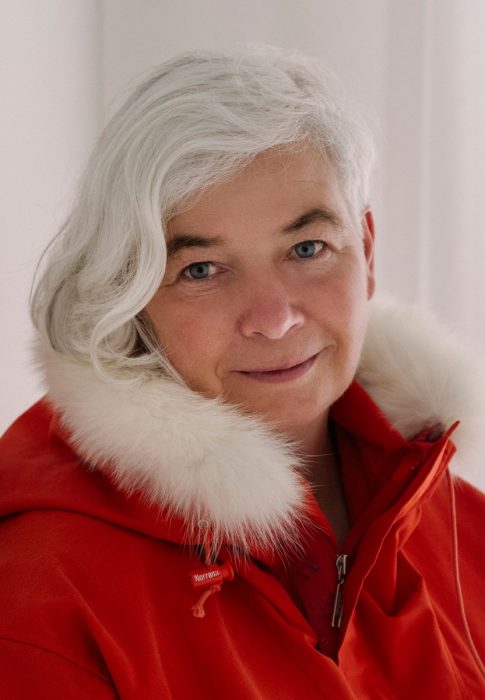
Dorthe Dahl-Jensen is a paleoclimatology professor at the Niels Bohr Institute at the University of Copenhagen, Denmark, and Excellence Research Chair at the University of Manitoba, Canada. She is the founder of the prominent Physics of Ice, Climate, and Earth (PICE) research center for climate studies that focuses on making predictions in climate change based on ice core analyses. Dahl-Jensen is an authority in the field of cryosphere science—the study of permafrost, snow, and ice as an integral part of the climate system. One of her more unique accolades was being proclaimed a Knight of the Order of Dannebrog in 2010!
The Danish researcher combines ice core data with climate models in order to reconstruct past climate and interpret current and future rates of climate change. The goal of her latest deep ice core drilling project in Greenland is to understand the role of the ice flows in the climate system and the ways in which they contribute to the rise in seawater levels.
Dahl-Jensen’s groundbreaking research created a basis for understanding the ongoing changes in our climate system. She was awarded the 2020 International Mohn Prize for her outstanding contribution to climate science, and in 2014, the Louis Agassiz Medal by the European Geosciences Union, for her work on glaciology.
As is clear, there are women doing amazing work in the climate science space. But it is doubtlessly an area where we need to be providing more encouragement and opportunity to ensure this becomes an ongoing trend. As a well understood and widely agreed upon fact (and as we discussed a short while ago), climate change will impact women the globe over in a more detrimental way than men. Climate justice requires gender justice. So we celebrate these, and the many other women who are at the forefront of climate science. Let’s start with the incredible Eunice Newton Foote (1818-1888), who was the first scientist to demonstrate the heat trapping properties of carbon dioxide, with this quote from her notes (pictured): “an atmosphere of that gas would give to our earth a high temperature”. She could never have predicted the levels of CO2 which would soon be trapped in our atmosphere, nor the extent of the resultant heating – but she certainly discovered Greenhouse Effect.
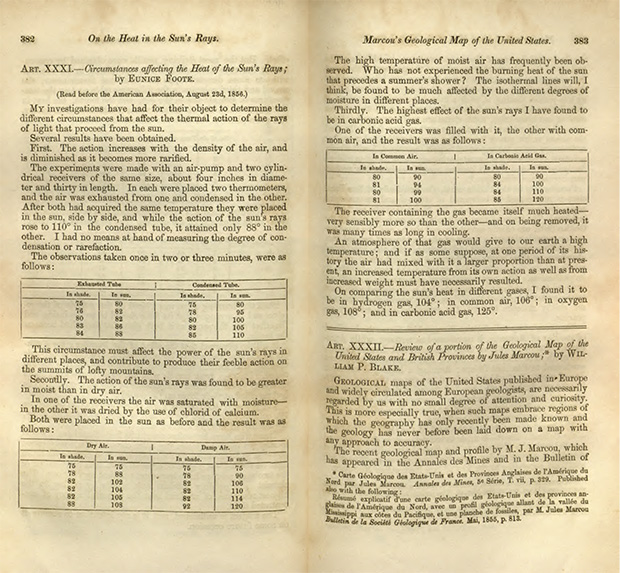
We highly recommend doing some reading on the research being carried out by pioneering women across the globe in the climate science arena. And here’s a shout out to just a few of these women, who would be a great starting point: Julie Arblaster, Assoc. Prof. in the School of Earth, Atmosphere and Environment at Monash University, and lead contributor on several IPCC reports; Ellie Highwood, Prof. of Climate Physics in the Dept of Meteorology at the University of Reading, and the 81st President of the Royal Meteorological Society; Gretchen Keppel-Aleks, who is an Asst. Prof. in Climate and Space Sciences and Engineering at the University of Michigan and leads the Carbon Cycle Research Group; Bronwen Konecky, Asst. Prof. in Earth and Planetary Sciences at Washington University, St Louis, focussing on the past and present effects of climate change in the tropics; and Nerilie Abram, a Prof. in the Research School of Earth Sciences at the Australian National University, with a focus on paleoclimatology, and Co-Editor-in-Chief of Climate of the Past (a journal associated with the prestigious European Geosciences Union).
To all women in climate science, we say thank you for your work!

